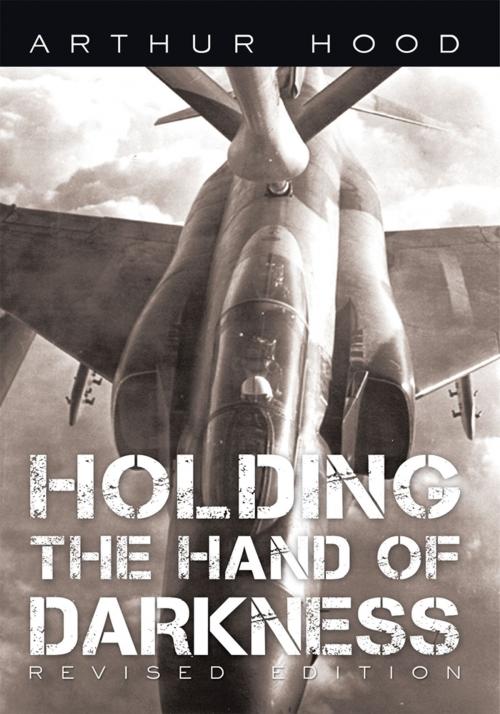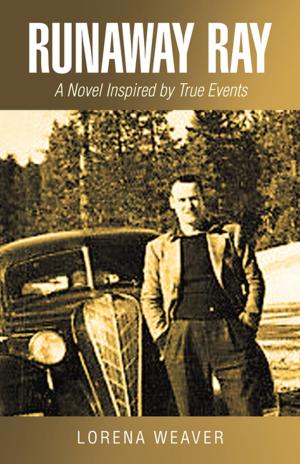| Author: | Arthur Hood | ISBN: | 9781450231596 |
| Publisher: | iUniverse | Publication: | May 25, 2010 |
| Imprint: | iUniverse | Language: | English |
| Author: | Arthur Hood |
| ISBN: | 9781450231596 |
| Publisher: | iUniverse |
| Publication: | May 25, 2010 |
| Imprint: | iUniverse |
| Language: | English |
During the fifties the Cold War grew around us. Insidious, it rose to a crescendo in October of 1962 when John Kennedy proved the concept of peace by maintaining overwhelming deterence. The men who provided this deterence were professionals who believed in the righteousness of their country and the honor of its leaders. In the decades that followed that honor eroded. For whatever missguided reason Lyndon Johnson chose to escalate American presence in Vietnam even though Kennedy chose to pursue a policy of withdrawal prior to his assasination. Our professional military was not privy to the political maneuvering that was taking place, as Johnson was lying to the American public about the Vietnam buildup. We began covert ground and air operations in 1964. These operations were denied by the government but escalated continuously to the end of the war, with covert operations continuing for some years after the peace agreements. After the 'ghost attacks' by North vietnamese gun boats on August 4, 1964 congress passed the Gulf of Tonkin Resolution, abdicated its Constitutional duty to make any declaration of war and handed that decision to the President. This step, incidentally, deprived the American fighting man the legal protection of the Geneva Convention. This book reflects the attitude of the professionals who were tasked with prosecuting this war. I have chosen three incidents that I was personally familiar with and researched them in detail. They are the shoot down of Whaler Five Seven, Red Marker Four and Owl Seven. We have learned nothing from the mistakes of this war.
During the fifties the Cold War grew around us. Insidious, it rose to a crescendo in October of 1962 when John Kennedy proved the concept of peace by maintaining overwhelming deterence. The men who provided this deterence were professionals who believed in the righteousness of their country and the honor of its leaders. In the decades that followed that honor eroded. For whatever missguided reason Lyndon Johnson chose to escalate American presence in Vietnam even though Kennedy chose to pursue a policy of withdrawal prior to his assasination. Our professional military was not privy to the political maneuvering that was taking place, as Johnson was lying to the American public about the Vietnam buildup. We began covert ground and air operations in 1964. These operations were denied by the government but escalated continuously to the end of the war, with covert operations continuing for some years after the peace agreements. After the 'ghost attacks' by North vietnamese gun boats on August 4, 1964 congress passed the Gulf of Tonkin Resolution, abdicated its Constitutional duty to make any declaration of war and handed that decision to the President. This step, incidentally, deprived the American fighting man the legal protection of the Geneva Convention. This book reflects the attitude of the professionals who were tasked with prosecuting this war. I have chosen three incidents that I was personally familiar with and researched them in detail. They are the shoot down of Whaler Five Seven, Red Marker Four and Owl Seven. We have learned nothing from the mistakes of this war.















